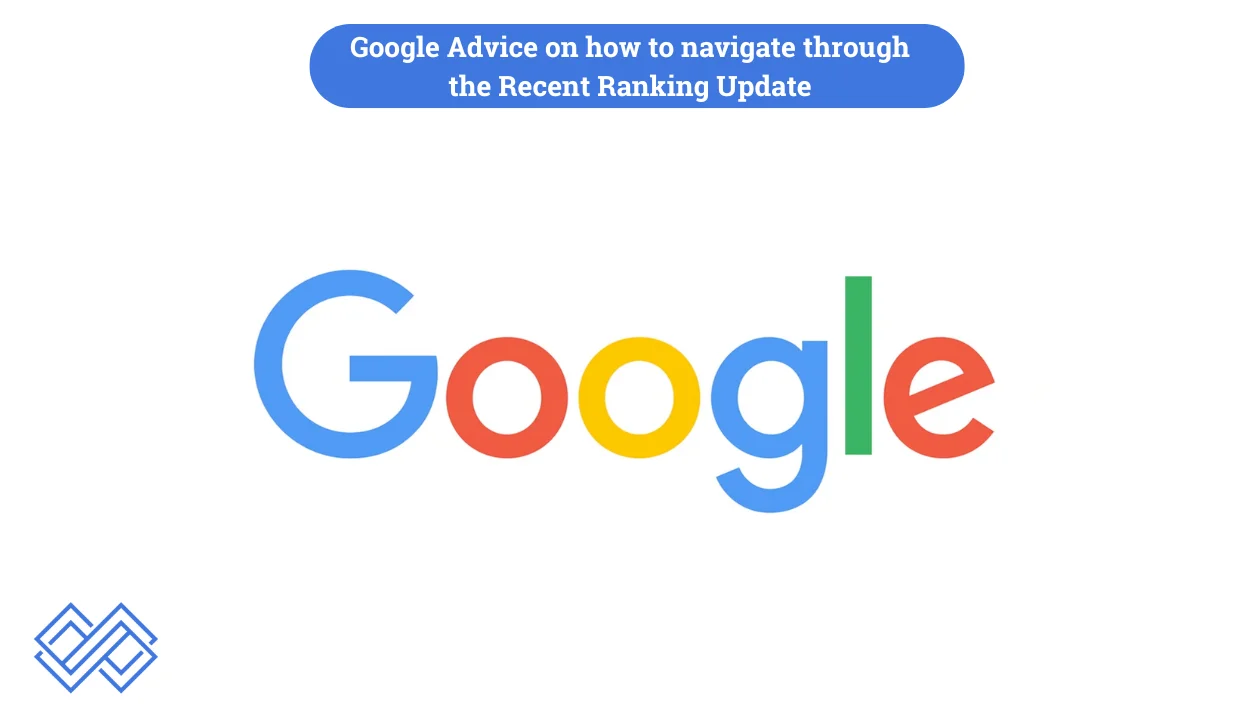Generative artificial intelligence has brought about substantial shifts in the SEO market. While some businesses have been successful in incorporating SEO into their everyday routine, others have not been as successful.
Is it possible for the subjective character of SEO to have a negative impact on the outcome of SEO tasks? How can artificial intelligence be utilized most effectively in SEO tasks? What are its capabilities and limitations?
AI-Powered Search Engine Optimization
Some jobs, such as the creation of meta description tags and title components at scale, are tasks that an artificial intelligence is capable of performing pretty well.
On the other hand, when it comes to other areas of search optimization, the usefulness of artificial intelligence becomes unclear.
Using artificial intelligence, search engine results pages (SERPs) have been analysed, keyword research has been conducted, content scoring has been determined based on the use of keywords, keyword-based article creation has been done, competitive research has been conducted, and content has been created based on keywords.
The belief that the folks who are behind the program understand search engine optimization is an act of faith. On the other hand, if search engine optimization is so subjective that people can’t even agree on how to properly use title tags and headings, then who can you trust?
Even the idea of analysis of search engine results pages (SERPs) might be a disaster if the individual doing it does not have sufficient experience. There is a school of thought that suggests that the approach to defeat the competition is to first understand why their material is ranking and then utilize those data points as the ingredients for making an exact replica that is superior. This is an example of an oxymoronic school of thought.
At first glance, it seems obvious that it is not possible to improve something by creating an exact clone of it that is superior. On the other hand, this is the reasoning behind the Skyscraper Content Tactic, which, paradoxically, is a copycat of the 10X Content Tactic, which is a popular tactic among those who are just starting out with search engine optimization. Even though it is a ridiculous strategy, it is at the core of how some AI systems carry out search engine results page (SERP) analysis.
Clearly, certain artificial intelligence tools have the potential to accentuate the inexperience of both the people who invented the tools and the people who use them.
Julia McCoy, who serves as the president of Content at Scale said:
“AI is absolutely the most incredible advancement of technology that we’ve seen in the last 200 years.
We’re seeing a ton of AI tools designed for content optimization or writing generation that offer incredible efficiencies—they can streamline processes, give you powerfully detailed insights for optimization and ranking improvements, and even generate entire articles that are nearly ready to publish.
But, you’ve got to know how to use them. And you need to know who built them.
I think it’s crucial to acknowledge: no tool can transform an amateur into an expert overnight. Just as Malcolm Gladwell’s skills stem from years of honing his craft—not a tool that landed in his lap overnight—the path from budding learner to seasoned, proficient expert requires time, experience and a deep knowledge of the industry.
While AI has democratized access to advanced techniques making higher-level strategies accessible—it cannot instill wisdom nor insight where there is none. It amplifies capabilities, but also shortcomings. We need to remember that human intuition is complemented by technology, not replaced by it.”
Using AI, the user’s SEO skills are amplified!
Why is it that with artificial intelligence, some people are successful while others are not? AI, in my view, is nothing more than a tool, much like a paintbrush. Not the instrument, but the person is the one who possesses the talent and skill.
A SEO professional with less experience will examine a webpage by extracting the keywords from the content, the headings, and the title tag. An experienced SEO professional will examine the webpage by determining the questions that it answers.
In the case of artificial intelligence image generators, the significance of expertise and experience is made abundantly clear by the fact that some users are able to produce works of art that are incredibly lifelike, while others create pictures of individuals with seven digits on each hand.





